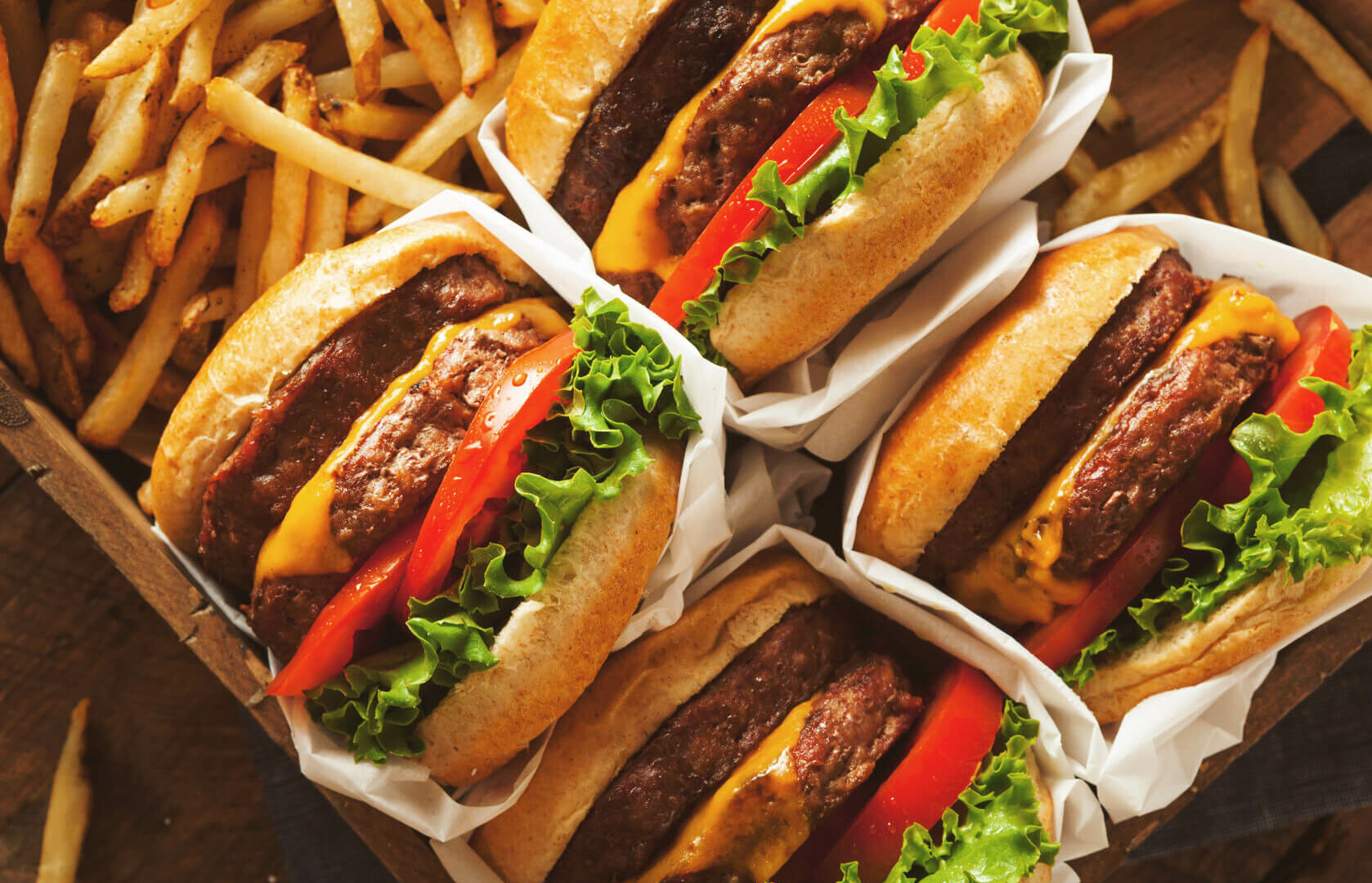I am not sure when it happened, but somewhere along the way the message was misconstrued. Between the point where Alan Aragon advocated the 80/20 rule for following your macronutrient guidelines and now, the concept of flexible dieting/IIFYM seems to have shifted in a terrible direction.
You see people on instagram posting pictures depicting bacchanals reserved for parties of one. Then there was the long running Pop Tart joke that everyone made fun of. While flexible dieting itself is fantastic, it’s not meant to be a gorge fest. Fact about it, there are a few rules to keep in mind.
1. Nutrients Matter
Micronutrients matter. Things like Iron, Vitamin K, Vitamin C, and so on. In simple terms, food can fall into four categories:
- Nutrient Dense
- Calorically Dense
- Calorically Sparse
- Nutritionally Devoid
Not only that, there are combinations of the them. For instance, a Hass Avocado has B6, Potassium, Folate, and many other micronutrients. It also has about ten grams of fiber and 20 grams of fat. Out of the three categories, it is both nutrient and calorically dense. It also costs extra when you buy it as guacamole. Then, there are foods like doughnuts. I will leave you to fill in the blanks on where it falls in the above categories.
Despite these categories, it is still erroneous to label these foods “good” or “bad.” Every situation is individual. Moreover, every lifter and athlete has a different set of macronutrient needs based on their activities. So sometimes, a doughnut might be a better option right then to hit their needs that day. Plus, if you opt for nutrient dense and calorically sparse option, you leave room for other types of food that you might enjoy. Like doughnuts.
2. Dietary Fiber
One of the things that keeps flexible dieters in check is the need for fiber. If you have an allotment of daily fiber to get, it will make downing a two liter of soda rather difficult. And, the greater your macronutrient needs, the more fiber you will need.
Besides keeping your diet in check, fiber is necessary for a variety of other reasons. You have no doubt heard some knucklehead claim that red meat rots in your intestines. If they knew what insoluble fiber was, they would change their tune. See, when you eat the fiber and it reaches your intestines, our own enzymes can’t digest it. So, the bacteria in our gut comes to the rescue and does what bacteria does—that is it helps break the indigestible particles down. In turn, this helps increase your gut bacteria, and with enough fiber, it will keep the bacteria from feasting upon your own mucus membranes within your intestines. [1]
Not only that, but the fiber binds to your bile acids and your cholesterol in your intestines and helps get rid of it. As such, you have less circulating inside you. So fiber helps your blood cholesterol levels as well. [2] I think it goes without saying, but fiber helps you poop. Nobody wants constipation.
3. Eat out at your own risk
The degree to which you want to order out is dependant on your goals. Having said that, most restaurants offer nutrition information on the internet. For those that don’t you have one of two options:
- Act like you have unending neuroses and take your cold tilapia and sweet potato with you in some tupperware that you’re going to let sit in your car and develop a funk to last a thousand years, or
- Find a different restaurant with the same option and use their nutrient info.
I usually opt for the latter, because it is flexible dieting, after all. But, there are times where even this is not an option. Can you trust that guy behind the chipotle counter to put just enough rice on your burrito? And god forbid the same guy thinks you’re awesome and gives you a heaping scoop as a token of appreciation. If you’re in prep for a contest, photo shoot, or casual sex in a foreign country, this would be a time to make your own food. You make the food, you are in control. But, eating out is still doable. It’s up to you how much variability you want to give it based on your goals. You don’t want to let it stifle you from having a good time.
4. Be Aware of the Opportunity Cost
This is important. If you can’t realize this, then you don’t deserve to be flexible. If you remember the categories listed above, there comes a cost for them. Sometimes, the cost is greater. If you know you are going to have a nutritionally devoid and calorie dense day, you might wind up feeling hungrier. Sleepier. Not up to par with where you usually are.
If you get the majority of your food from the nutrient dense side, you’re going to have a better time. You know what these foods are. They’re the same foods bodybuilders have always chosen. They’re the same ones your parents made you eat as a kid. These are the ones that are going to keep you healthy, as well as jacked. To bring it back to Alan Aragon, keep your diet at 80% with these types of foods. Save the 20% for the fun times. The nights out, the weddings, and the all you can eat sushi. Have fun, but don’t let it sacrifice yourself.
Conclusion
There are plenty of great food options out there. Flexible dieting allows the freedom to enjoy all these foods in their awesome glory, all while being able to live your life. Think about the bigger picture of flexible dieting. You can experience cultures and experiences by way of food. If you get to a point where you can’t enjoy life, you have taken it too far.

